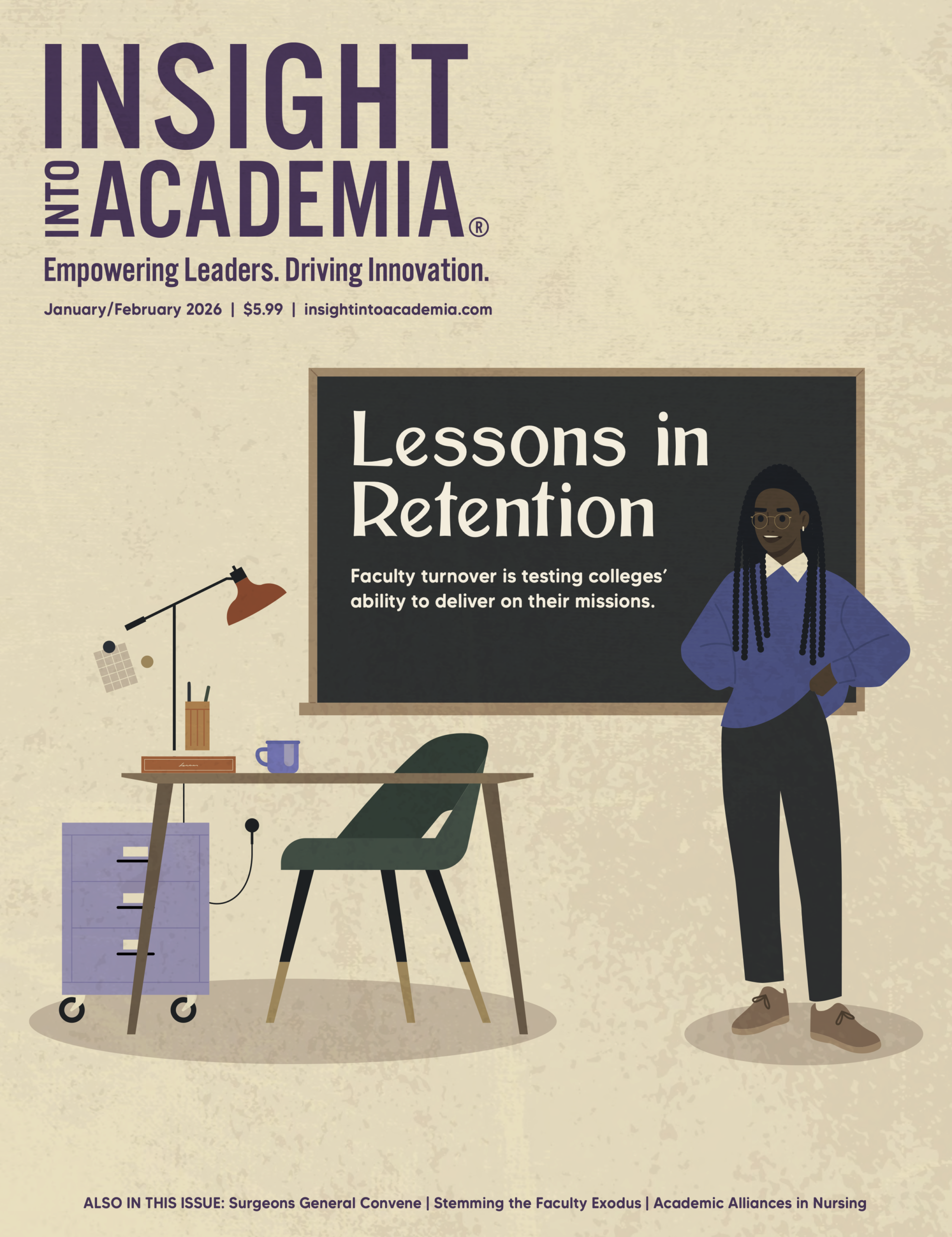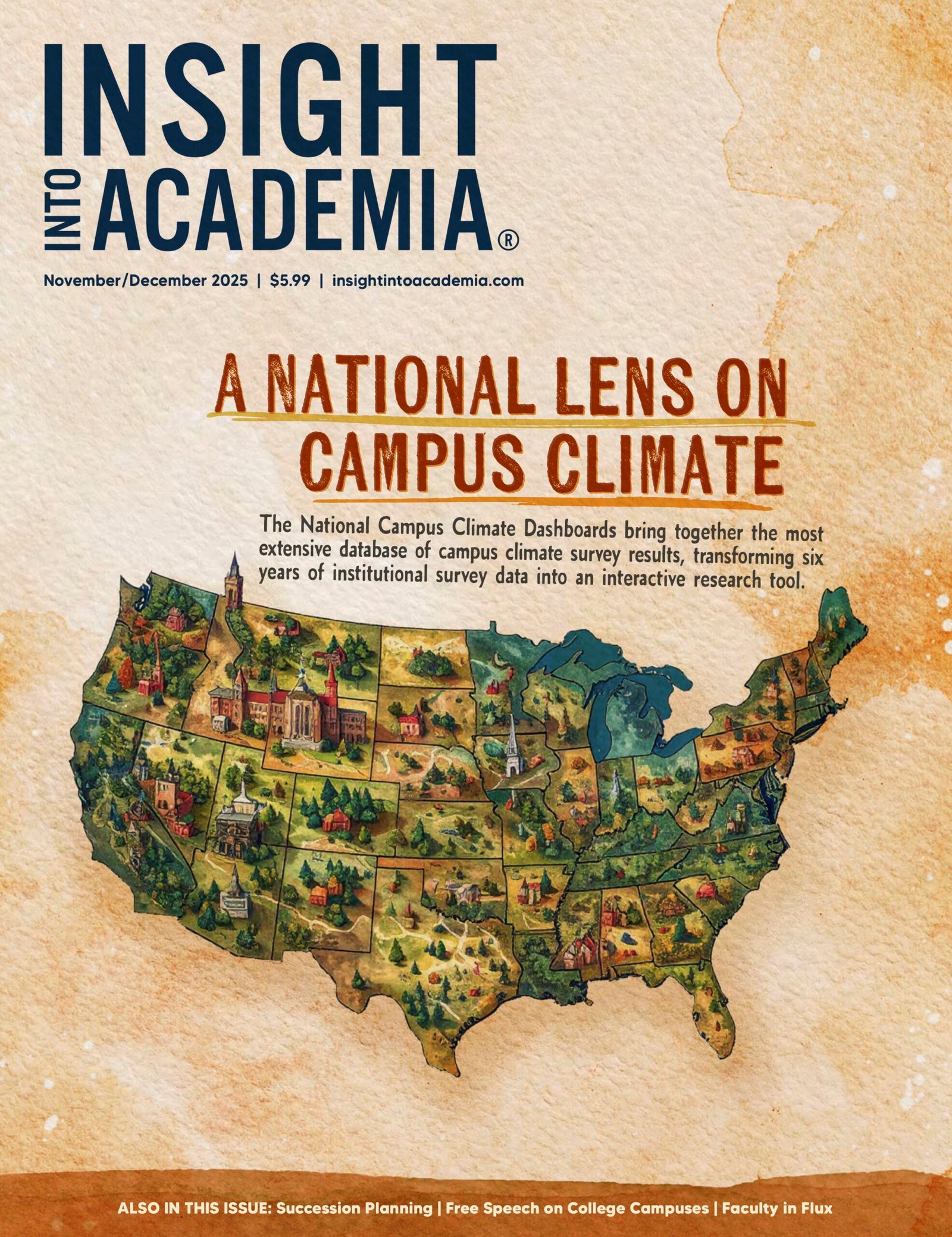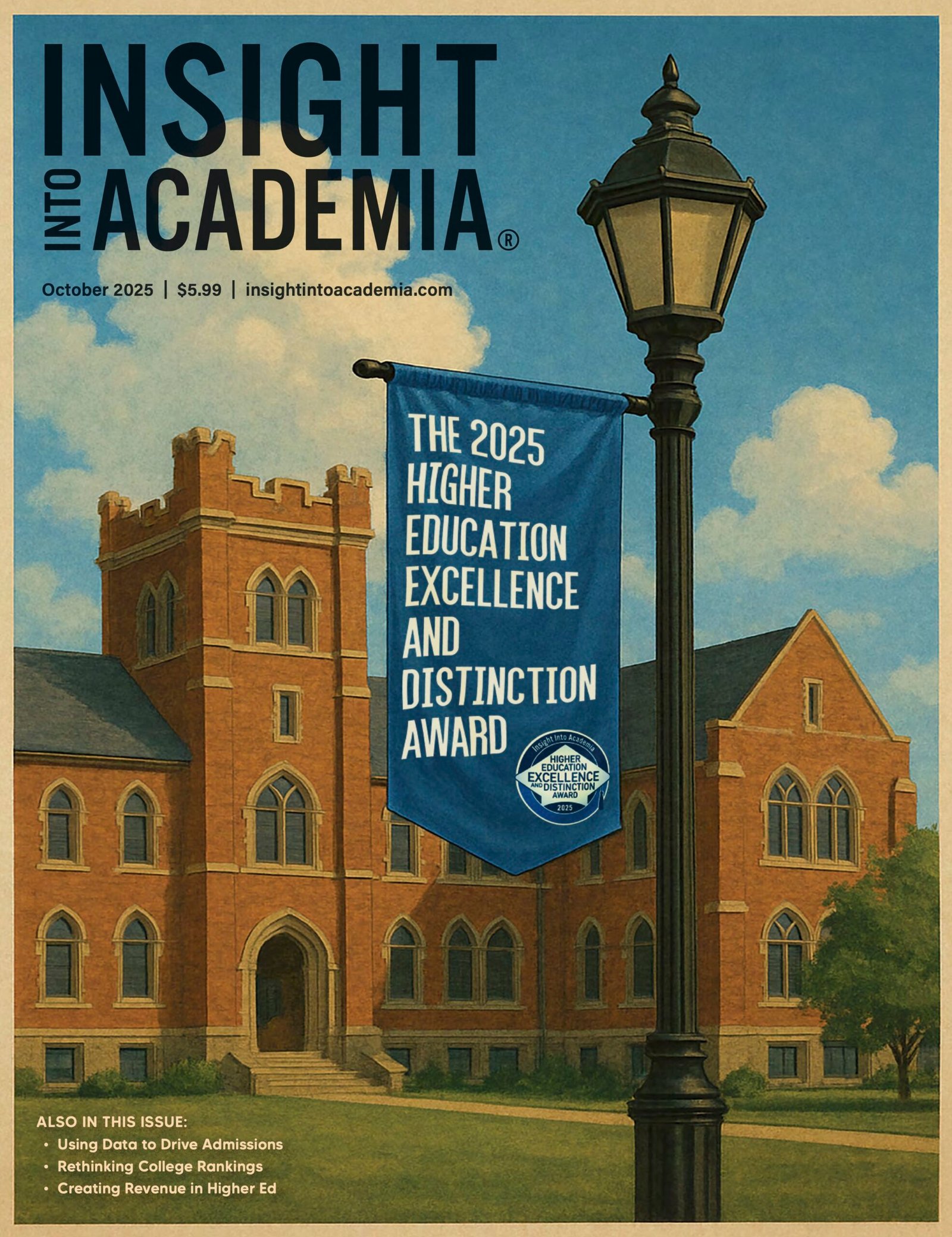As debates over censorship and intellectual freedom in the United States grow louder, a rising tide of ‘Freedom to Read’ laws has emerged to counteract the escalating implementation of book bans.
These laws—adopted by states including New Jersey, Maryland, and California—aim to safeguard access to literature in schools and public libraries. While the national conversation often focuses on K-12 education, these measures carry significant implications for higher education institutions, particularly as they strive to foster inclusive environments and uphold academic freedom.
Book bans have surged in recent years, with a dramatic 200% increase in the 2023-2024 academic year, according to PEN America. Titles ranging from Toni Morrison’s “The Bluest Eye” to the “Hunter x Hunter” manga series have been pulled from shelves under laws that critics argue are overly broad and politically motivated.
In Tennessee, for example, House Bill 843 prohibits public K-12 school libraries from carrying materials containing “nudity” or “excess violence” in addition to content deemed “patently offensive.” The vague language of this bill and its potential for broad interpretation has led districts like Wilson County Schools to remove over 400 books, including acclaimed works by Angie Thomas, Jodi Picoult, and John Green.
Backlash against these bans has spurred legislative efforts in other states to protect access to books. In April 2024, Maryland Gov. Wes Moore signed the Freedom to Read Act, positioning the state as a leader against what some describe as “politicized attacks” on education. The law prohibits arbitrary censorship of books in schools and libraries and emphasizes the importance of literature that encompasses a wide range of representation.
“When libraries are emptied of books, students are deprived of a robust education that supports their intellectual development,” Kasey Meehan, director of PEN America’s Freedom to Read program, wrote in a statement following a string of book bans throughout the nation.
The Library Bill of Rights
Defending Intellectual Freedom on Campus University libraries have long been guardians of knowledge, but recent challenges to intellectual freedom have spotlighted their pivotal role in upholding the principles enshrined in the Library Bill of Rights. This foundational document, adopted by the American Library Association (ALA) in 1939 and amended multiple times since, outlines libraries’ obligations to provide equitable access to a myriad of materials, resist censorship, and protect patrons’ privacy.
“Book banning has surged at an alarming rate in recent years, with a record number of bans reported last year,” reads an October 2024 statement released by the ALA. “Librarians nationwide are facing verbal abuse, death threats and, in some cases, even criminal charges and jail time. As bastions of intellectual freedom, public libraries are at the forefront of this battle. … Upholding diverse perspectives and a broad range of ideas is not only essential to the core mission of libraries, but to our democracy.”
For college libraries, these principles are more than aspirational— they are integral to fostering an environment of free inquiry and critical thought. University librarians are tasked with curating collections that reflect the breadth of human experience and scholarship, often navigating contentious debates around controversial materials.
The stakes are particularly important in higher education, where access to varied perspectives is vital for academic rigor. Challenges to library materials can hinder students’ ability to engage with complex issues, from historical injustices to contemporary social movements. Furthermore, restrictive policies like those in some states, which mandate extensive scrutiny of library resources, risk narrowing the scope of available materials.
“Ban advocates try to frame their efforts as objective policy rather than an ideological agenda,” says Joel Burkholder, a reference and instruction librarian at Pennsylvania State University, York. “It’s about intimidating educators from using any books or materials that might even be remotely controversial.
Higher education institutions stand to benefit significantly from these protections. College libraries often collaborate with public school systems as well as regional and local libraries, sharing resources and expertise. Restrictions on K-12 collections can disrupt these partnerships, limiting access to foundational texts and research materials. Additionally, prospective college students exposed to book bans may enter higher education with a constrained perspective, potentially impacting their academic preparedness and openness to an array of viewpoints.
“Our core values as librarians are found in the Library Bill of Rights, which holds that libraries should challenge censorship in the fulfillment of their responsibility to provide information and enlightenment,” says Russell Hall, a reference and instruction librarian at the John M. Lilley Library at Penn State Behrend. “We believe people are free to choose what they want to read, and to determine what their own children can and should read, but do not have the right to impose their will upon others who are free to make that choice for themselves.”
California’s Freedom to Read Act, signed into law in late 2024, provides another example of proactive measures to combat censorship. The legislation prohibits book bans based on the race, nationality, religion, gender identity, sexual orientation, disability, or political affiliation of the author or subject matter. Beginning in 2026, statefunded libraries must also establish transparent policies for adding and removing materials.
Despite these advancements, challenges remain. Legislative efforts in states like West Virginia and Utah continue to promote book bans through broad definitions of “obscenity” and streamlined procedures for removing materials statewide. West Virginia’s House Bill 4654, for example, seeks to criminalize educators and librarians who provide materials deemed “obscene” to minors, with penalties of up to five years in prison. Such laws create a chilling effect among educators who fear legal repercussions.
In higher education, these trends underscore the need for vigilance. Academic institutions have long championed intellectual freedom as a cornerstone of their mission, yet they are not immune to the ripple effects of K-12 censorship. College libraries serve as critical repositories of knowledge, and any restrictions on their ability to provide resources could compromise their role in fostering informed, engaged citizens.
Furthermore, faculty members— particularly those in education and library sciences—often rely on partnerships with public schools for research, training, and student teaching opportunities. Legislative restrictions jeopardize these collaborations, potentially hindering professional development and innovation.
Advocacy groups and educators have rallied to counter these threats, emphasizing the broader societal value of unrestricted access to literature.
Lawmakers in New Jersey passed a similar Freedom to Read Act in December 2024, prohibiting schools and libraries from banning age-appropriate books based on an author’s background or the material’s viewpoint.
“The Freedom to Read Act cements New Jersey’s role on the forefront of preventing book bans and protecting the intellectual freedom of our educators and students,” Gov. Phil Murphy said in a press release. “Across the nation, we have seen attempts to suppress and censor the stories and experiences of others. I’m proud to amplify the voices of our past and present, as there is no better way for our children to prepare for the future than to read freely.”
These legislative victories offer hope, but experts caution that sustained advocacy will be essential to ensure their effectiveness. Colleges and universities play a pivotal role by supporting initiatives that promote intellectual freedom and by integrating impacted literature into curricula. Hosting events like Banned Books Week, creating partnerships with public libraries, and conducting research on the impacts of censorship contribute to this movement.
In the face of rising censorship, the adoption of Freedom to Read laws represents a critical step toward preserving access to literature and ideas. For higher education, these protections are not merely symbolic, they are essential to maintaining the integrity of academic inquiry and ensuring that future generations are equipped to navigate an increasingly complex world. By championing the right to read, colleges and universities affirm their commitment to fostering an inclusive and intellectually vibrant society.

















